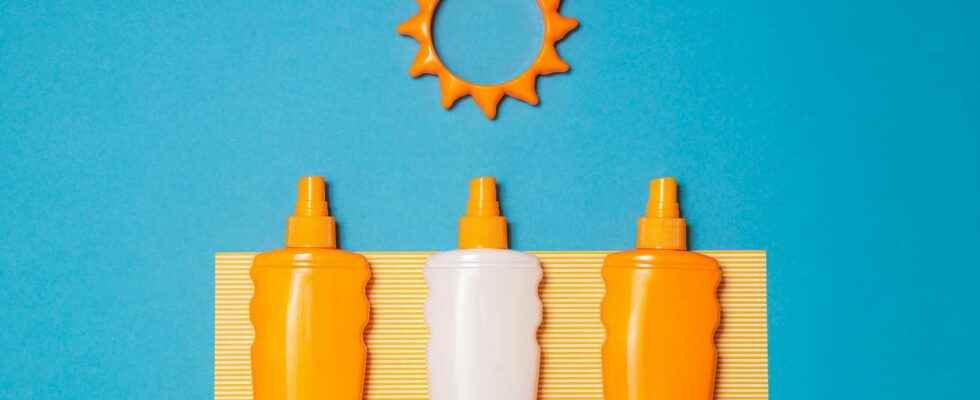By protecting yourself excessively from the sun, you take the risk of not synthesizing enough vitamin D. What is the right measure to expose yourself enough without putting your skin in danger?
You will also be interested
Vitamin D is essential for the proper functioning of the body: it improves the intestinal absorption of calcium and phosphorus, which promotes the mineralization of bones and teeth, ensures good nerve transmission and muscle contraction. Gold, 80% of adults are vitamin D deficient, of which 42% have a “severe to moderate” deficit, according to Public Health France. A deficiency due in particular to the lack of exposure to Sun : in fact, vitamin D is mainly synthesized by the skin under the effect of UVB rays.
Vitamin D: how long should you expose yourself?
Recommendations to protect against cancer risks have led people to cover themselves with Solar cream at the slightest ray of sunshine. However, an SPF15 protective screen blocks 93% of the production of vitamin D, according to a study of the University of Valencia. But of course, there is no question of completely doing without protection.
So what is the duration ideal exposure? The daily vitamin D requirements being estimated at 1,000 IU per day, exposure for 10 minutes without sunscreen is sufficient in the middle of July, taking into account that 25% of the body is uncovered. Knowing that it takes about 30 minutes to catch a sunburn in this seasonit should not put your skin at risk. In January, it takes 130 minutes to meet one’s daily needs, a period almost impossible to achieve: barely a fifth of the needs are actually covered. It is therefore essential to expose yourself more to the sun during the summer to store enough vitamin D for the winter.
All these calculations depend of course on the type of skin – black skin needs 20 times more sun exposure than white skin to produce the same amount of vitamin D -, the index UV or parts of the body exposed to the sun. The synthesis of vitamin D being less efficient with aging, the elderly also have to expose themselves for longer.
Interested in what you just read?
Subscribe to the newsletter Health question of the week : our answer to a question you ask yourself (more or less secretly). All our newsletters
